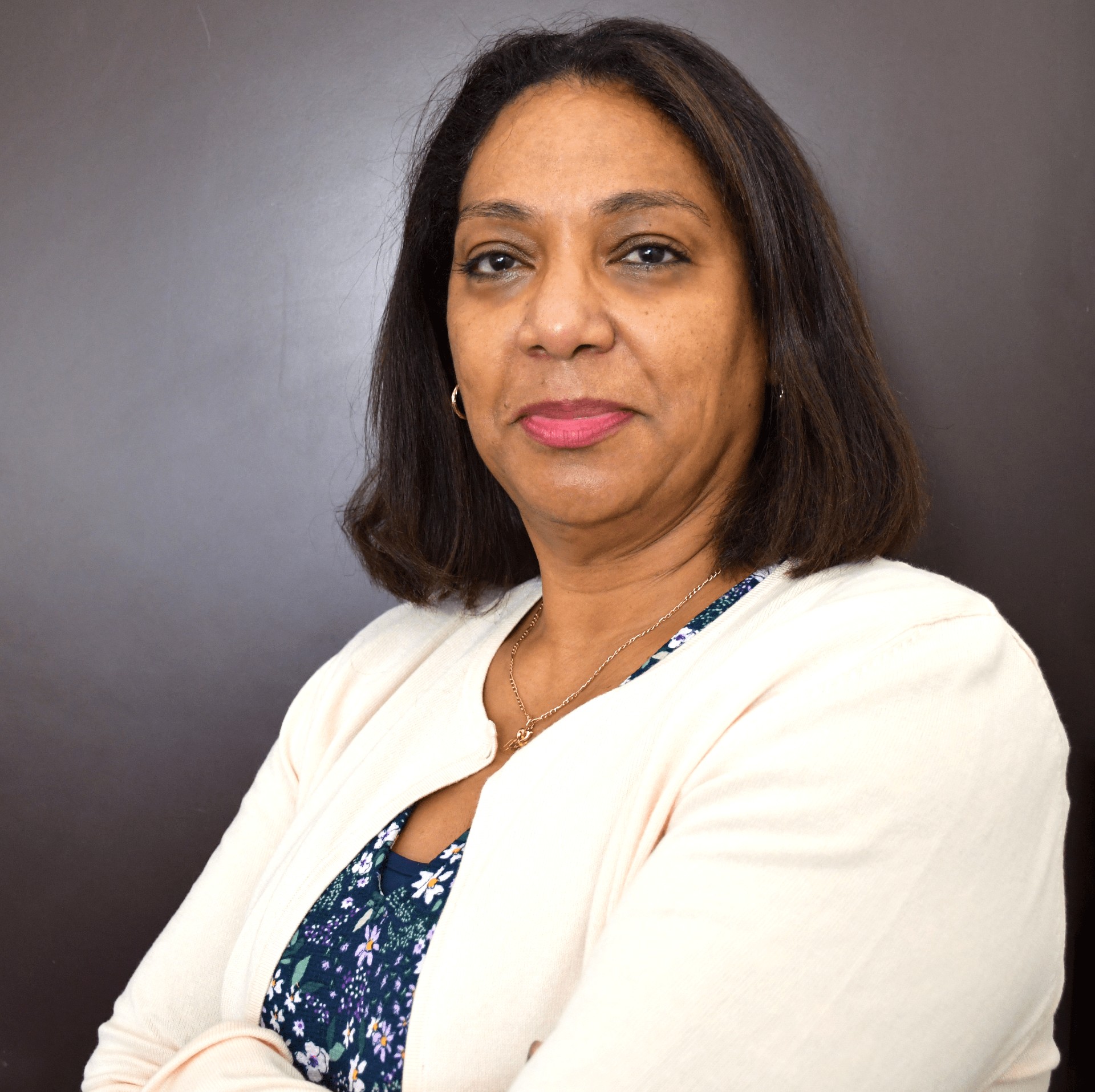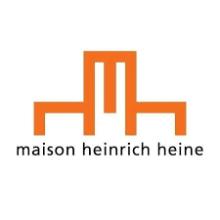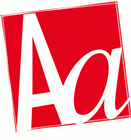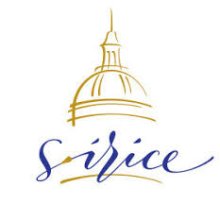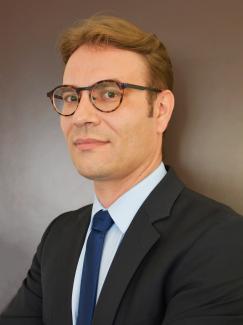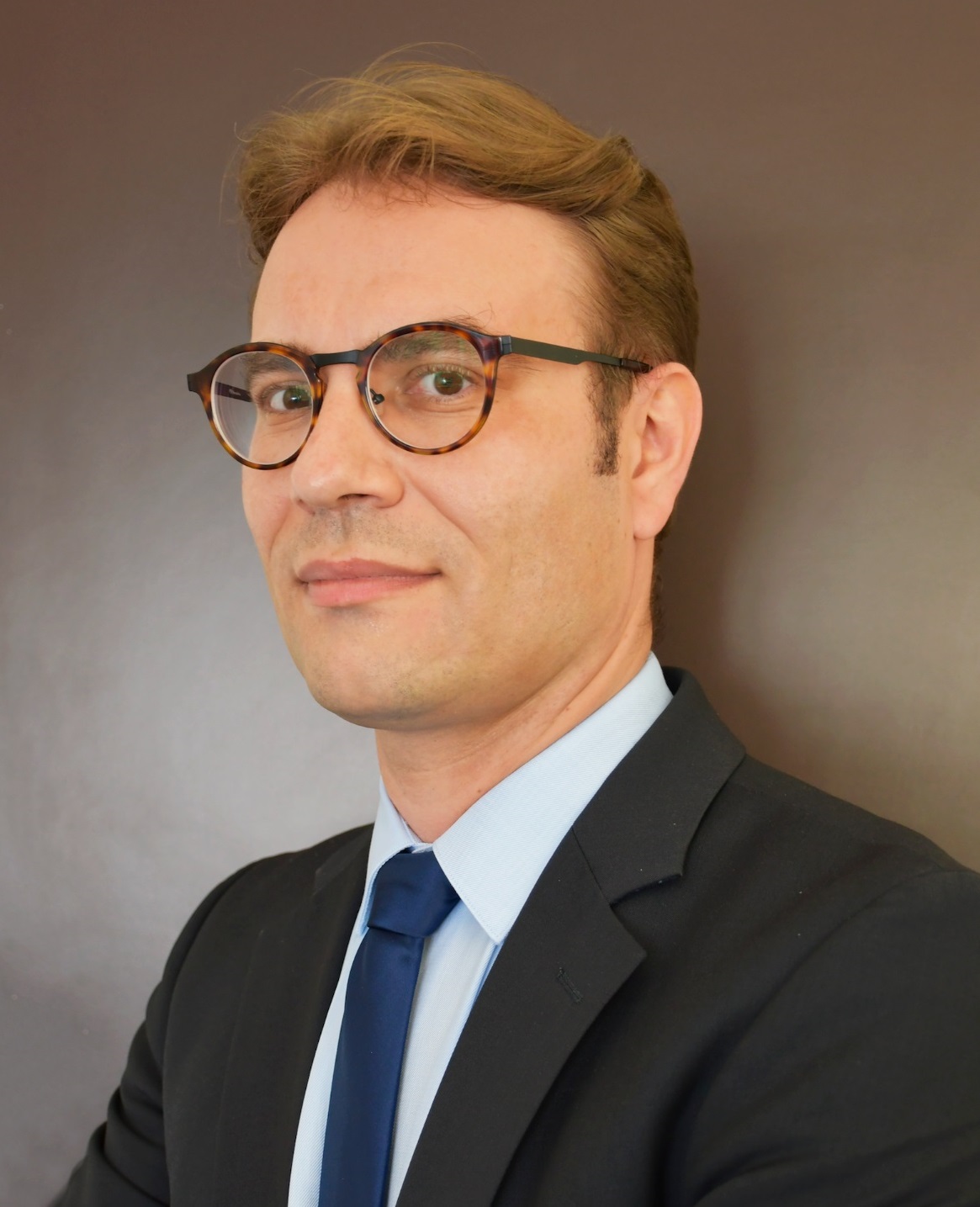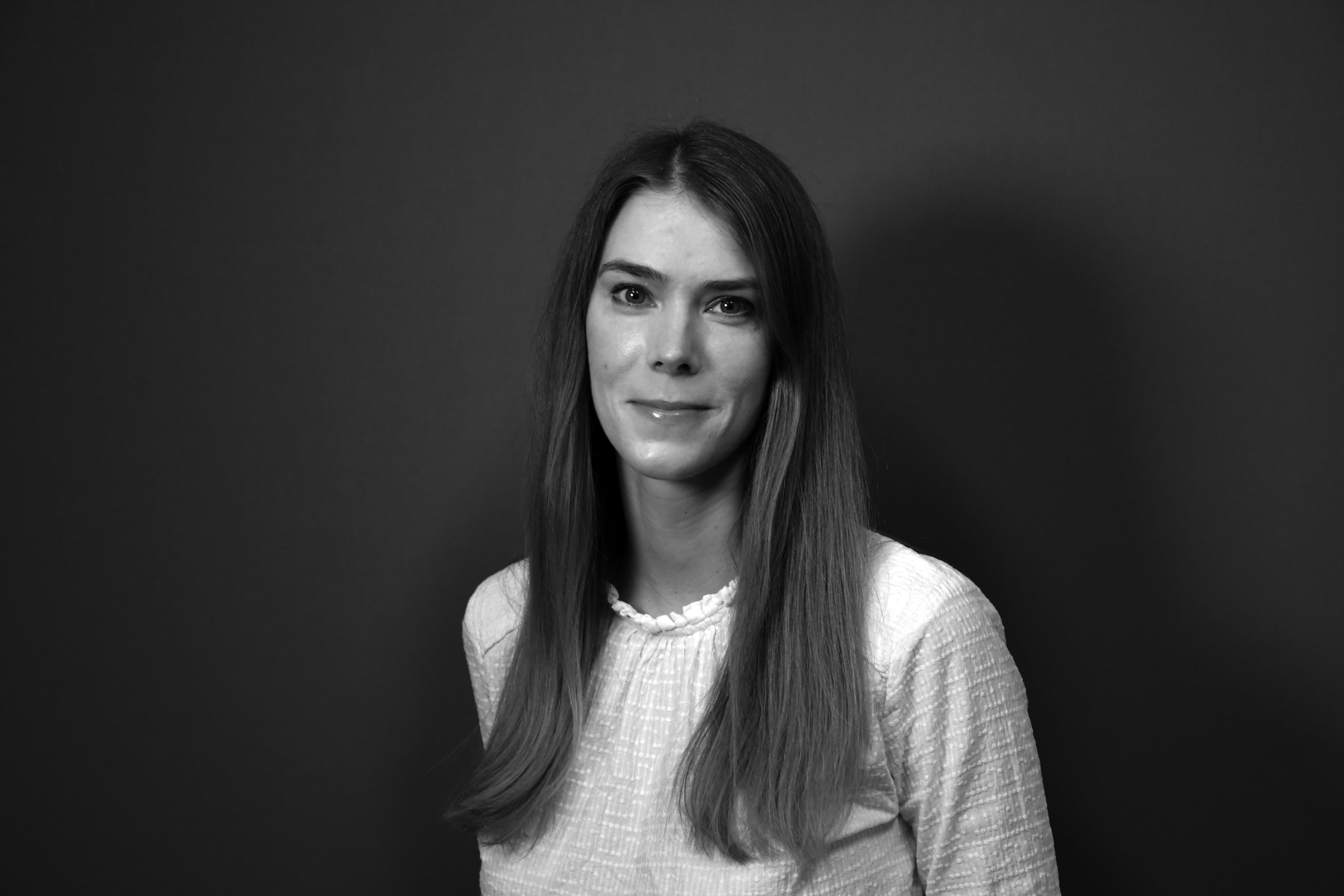The return of the "grand coalition" - What German leadership in an uncertain world?
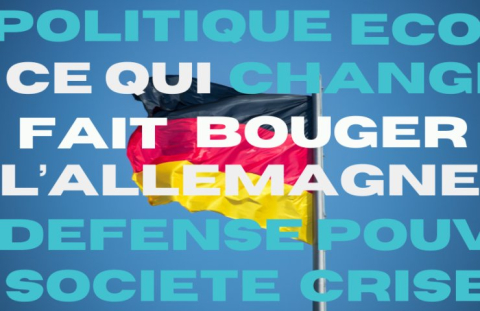
Practical information
Accessibility
Themes and regions
Related centers and programs
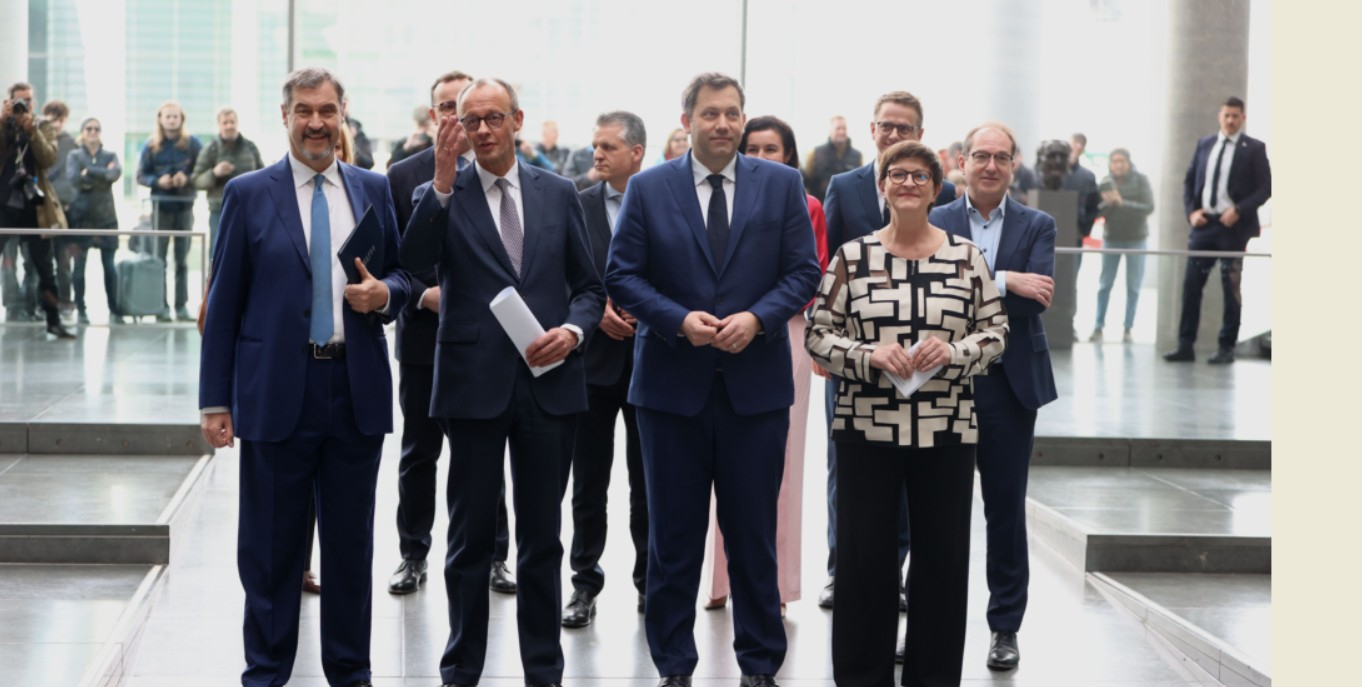
The new German government, a "grand coalition" likely led by Friedrich Merz, will have to navigate a complex international environment, marked notably by a disruption of transatlantic relations. The Trump administration's attacks on traditional U.S. allies, the rapprochement between Washington and Moscow, as well as the uncertainties surrounding the future of NATO, are shaking the paradigms of German foreign policy.
In response to these challenges, Friedrich Merz has undertaken a constitutional reform of the "debt brake." To strengthen Germany's defense capabilities, all defense expenditures exceeding 1% of GDP will be exempt from the "debt brake." Additionally, a special fund of 500 billion euros over twelve years has been created to finance essential projects in infrastructure, digitalization and climate protection. However, such a willingness to take on debt raises concerns in a country known for its budgetary conservatism and fear of inflation.
Faced with an increasingly uncertain world, what ambitions will this new "grand coalition" have in the areas of foreign affairs and defense? What are the main divisions between the CDU/CSU and the SPD? Faced with the risk of withdrawal of the American commitment, can Friedrich Merz revive Franco-German cooperation in order to strengthen European sovereignty and lend credibility to the rhetoric on Europe as a power?
Opening remarks
Paul Maurice, Secretary General of the Study Committee on Franco-German Relations (Cerfa), Ifri
Speakers
Ronja Kempin, Research fellow, SWP, and professor, Alfred Grosser Chair, Sciences Po
Thomas Wieder, Deputy head of international service, Le Monde in Berlin
Chair :
Jeanette Süß, Research Fellow at the Study Committee on Franco-German Relations, Ifri
Conference outside Ifri in person - Fondation de l’Allemagne, Maison Heinrich Heine Cité internationale universitaire de Paris 27 C, boulevard Jourdan, 75014 Paris
"Ce qui fait bouger l’Allemagne" a lecture series hosted by Jeanette Süß (Cerfa), aims to examine the major political issues facing Germany as it confronts upheavals in geopolitics, economics, and security. These factors are leading to a growing fragmentation of the German political system. The so-called "traditional" parties had to prove themselves in the European and regional elections in 2024. Thus, political developments in Germany have a strong impact on Franco-German relations, which are crucial for the future of Europe.
Conference organised by the Study Committee on Franco-German Relations (Cerfa) in cooperation with the Maison Heinrich Heine, the research laboratory SIRICE (Sorbonne-Identités, relations internationales et civilisations de l’Europe), the scientific journal Allemagne d'aujourd'hui and Hub Culturel Européen.
Fondation de l’Allemagne - Maison Heinrich Heine
Cité internationale universitaire de Paris, 27 C, boulevard Jourdan, 75014 Paris
Contact
Catherine NAIKER
Assistant to the Study Committee on Franco-German Relations (Cerfa), Ifri





